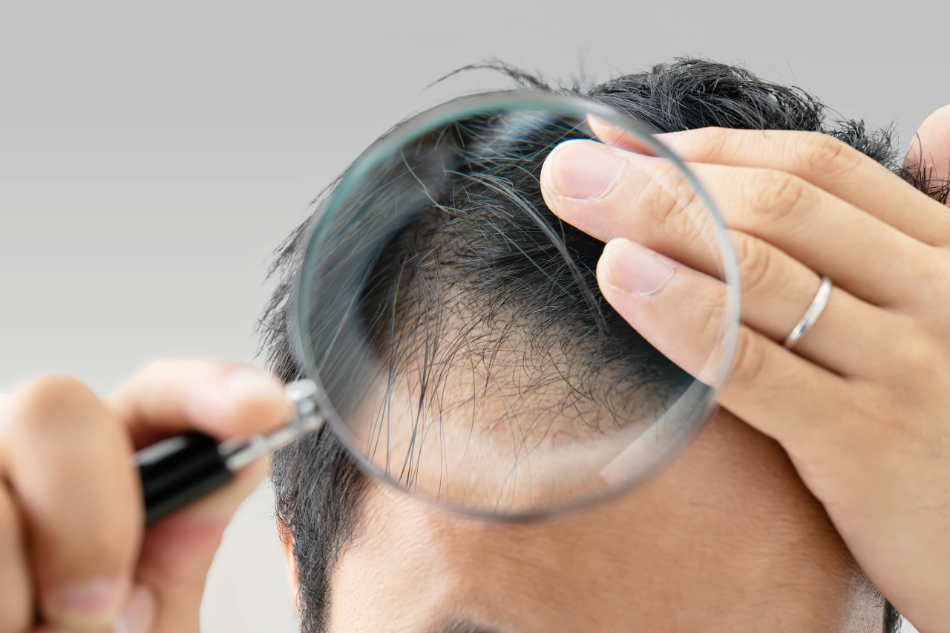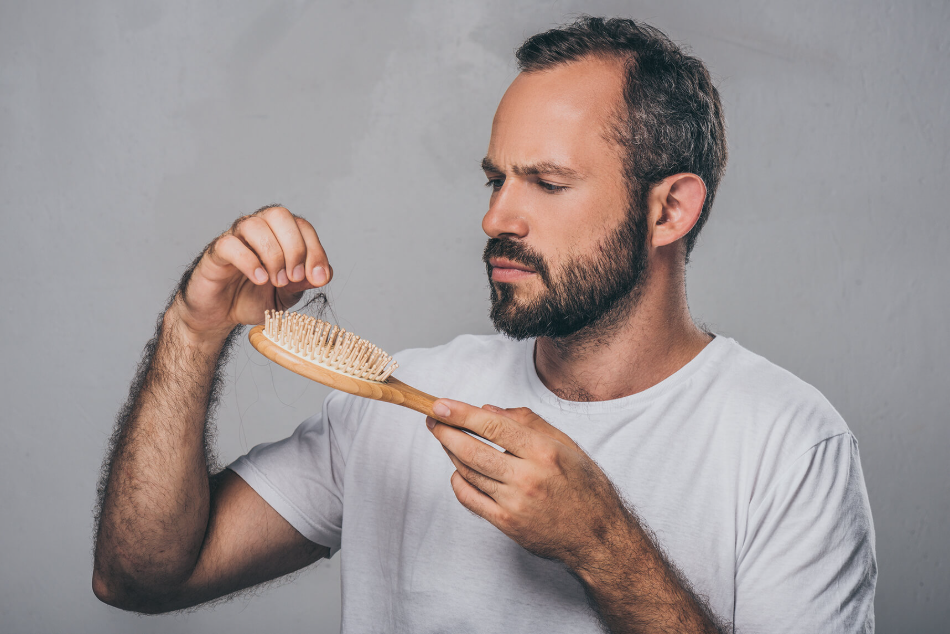Is coconut oil good for hair?
Coconut oil is a natural moisturizer that nourishes hair and scalp. Rich in fatty acids and antioxidants, it helps protect hair from damage, pollution, and dryness. While it doesn’t treat hair loss directly, it supports overall hair health—especially in polluted environments.




